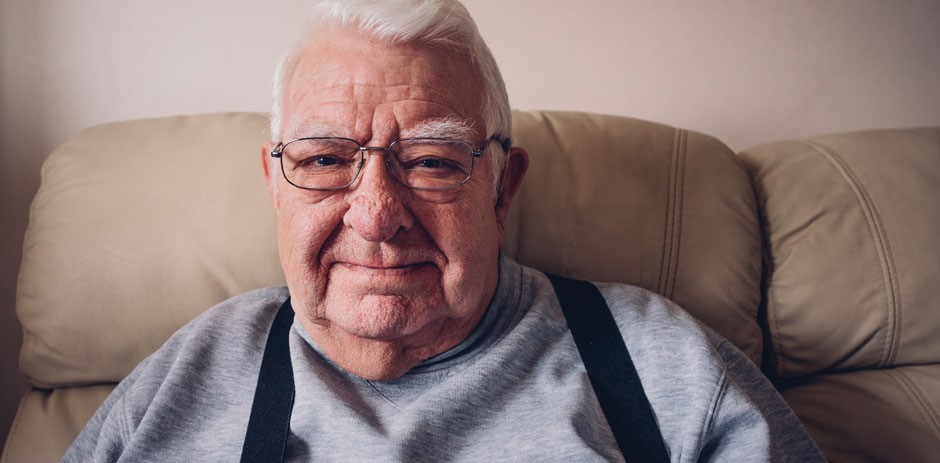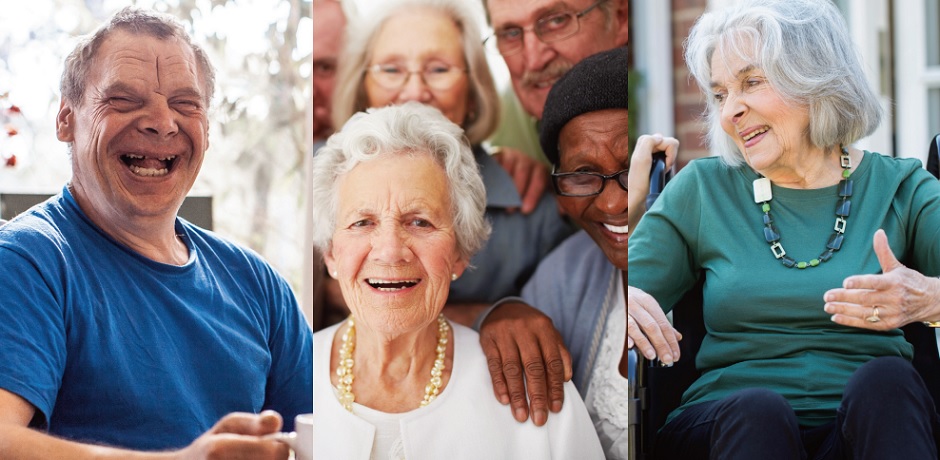)
Older men and loneliness
The effects of loneliness are often pronounced among older men and have a range of negative impacts on day-to-day life, study finds
Feeling ‘left out of things’, socially excluded, overlooked, cut-off were commonly expressed emotions, research suggests
Loneliness can impact on people’s wellbeing across the life course; however, later life is consistently associated with loneliness. A study by the University of Bristol in partnership with Age UK found that men’s descriptions of loneliness suggested exclusion, invisibility and redundancy in later life. Men also reported that loneliness was more of a problem during particular seasons and events of the year.
Experience of loneliness
The study aimed to develop an in-depth understanding of how older men from marginalised and seldom heard groups sought to maintain social engagement and social participation in later life. This included their experiences of participation in group interventions targeted at reducing loneliness among older adults.
A total of 111 men self-selected to take part in the study from five groups: (1) men who are single or living alone in urban areas; (2) men who are single or living alone in rural areas (i.e. towns, villages, hamlets with less than 10,000 residents); (3) gay-identifying men who are single or living alone; (4) men with hearing loss; and (5) men who are carers for significant others. Participants ranged in ages from 65–95 years and the mean age was 76.
The study found that the way loneliness is experienced in later life differed not only according to gender but also on the basis of other intersecting dimensions such as sexuality, hearing loss and caring responsibility.
While most men described loneliness as a short-term experience, they reported how this feeling impacted on their mental health (e.g. experiencing low mood, feeling unable to make decisions), physical health (e.g. trouble sleeping or sleeping too long) and their emotional health (e.g. feeling bored, angry or left out).
Participants in the study did not always have people to confide their feelings to and some men reported reluctance to seek help from others. There was a perception of other people as not being interested in their lives or the potential stigma attached to loneliness.
Group interventions
The study highlighted the significance of groups and group networks in the lives of older men, and found that men valued groups that tried to increase social opportunities and interaction.
Participants strongly preferred groups of mixed ages as they did not want to be siloed in groups for ‘old people’, and valued groups that facilitated emotional and social ties with other men. Targeted groups were also highly valued, such as groups for carers.
The social value attached to groups differed according to sexuality: for heterosexual men this was commonly associated with male companionship and the enjoyment of male banter and opportunities; for gay men this was often associated with a sense of belonging gained from being in the company of other gay men with similar life-experiences.
The research team found that older men valued being active contributors within groups without being perceived as ‘service users’.
General barriers to participating in formalised group interventions and services included living with physical disabilities which restricted mobility and travel, and for some being in a group could be a daunting experience.
Social care support
The study found that all the men taking part in the study were living independently and there was little engagement with (or need for) social care services. Across the five groups, men reported frequent use of social and support groups run by voluntary services and independent groups and associations.
The study’s engagement with stakeholders involved in leading and running groups for older men identified a dual role for social care practitioners: signposting service users to groups, and playing a more active role in the referral process, such as accompanying men to groups. The importance of social care workers at the frontline of service delivery, alongside more tailored roles such as community navigators, was highlighted as an important gateway to accessing isolated men in local communities through their contact with older adults needing care and support.
The research identified the need for social care practitioners to be aware of the life events associated with loneliness and how these trigger points can impact on men’s current social wellbeing and engagement with others. It also suggested that social care practitioners should have a fine-grained understanding of the ways in which different social factors such as sexuality, caring and hearing impairments shape older men’s engagement with others and limit who they seek support from when needed.
Funding challenges and long-term sustainability issues were highlighted, particularly if groups run by voluntary and third sector organisations are a key resource for social prescribing programmes and form part of local authorities’ preventative agendas. The study suggested that the running of, and support for, group interventions and community-based groups needs to be given greater priority in the care sector.
Full summary findings
NIHR SSCR (2020) Older Men at the Margins: Experiences of Seeking Social Engagement and Combating Loneliness in Later Life, Research Findings 110, NIHR School for Social Care Research, London.
See also resources from the project from Age UK.
Further information
This study was funded by the NIHR School for Social Care Research and led by Dr Paul Willis at the University of Bristol.
The findings were completed before COVID-19 and have been published to support NIHR SSCR’s requirement that findings from all completed studies are made publicly available.
















